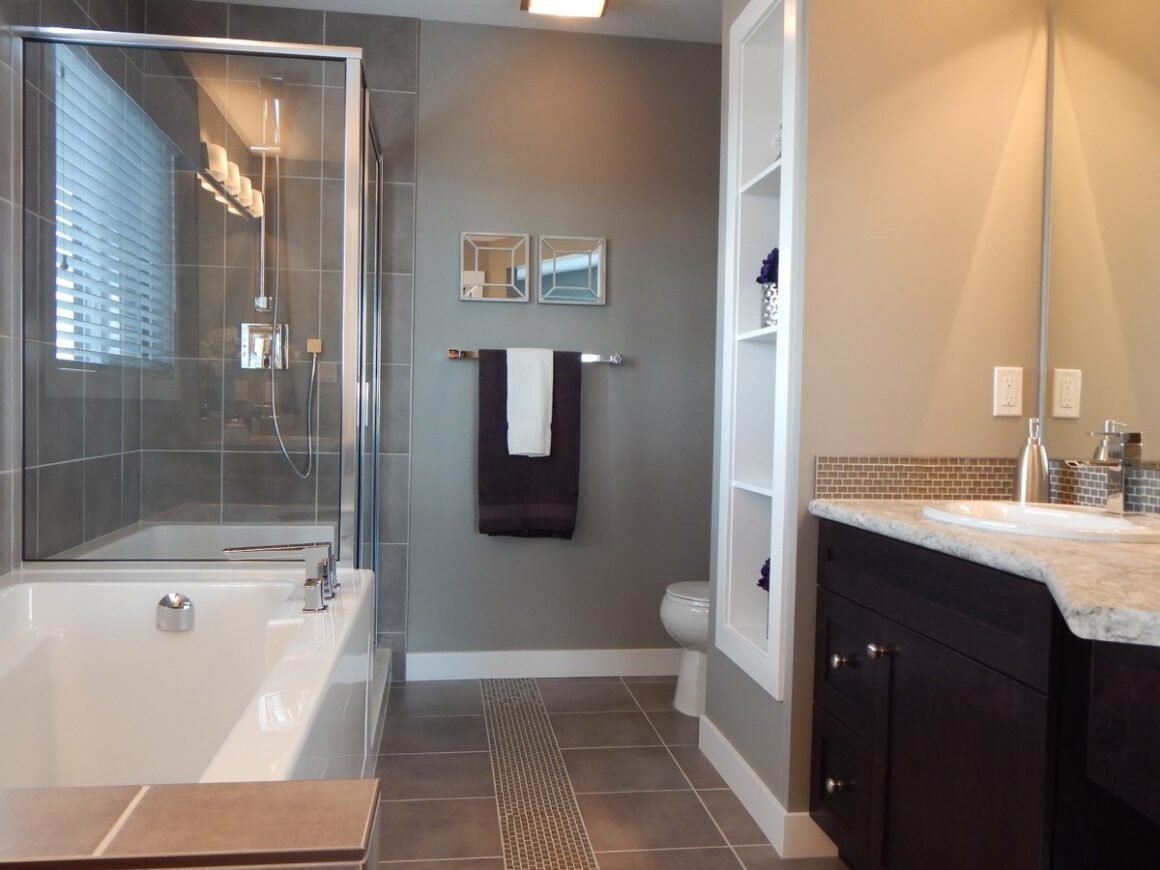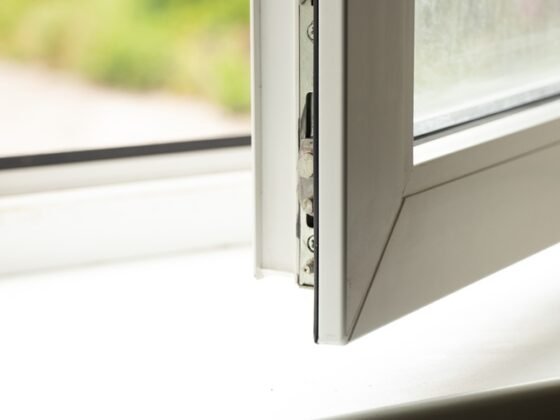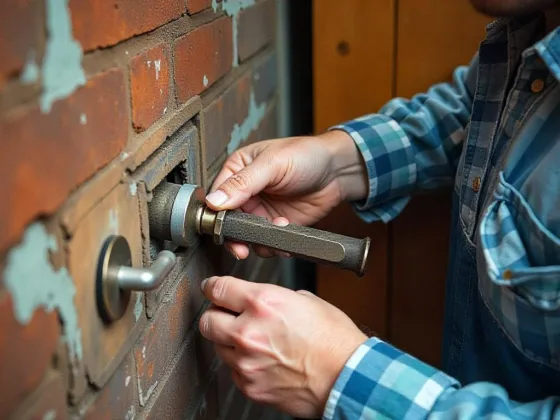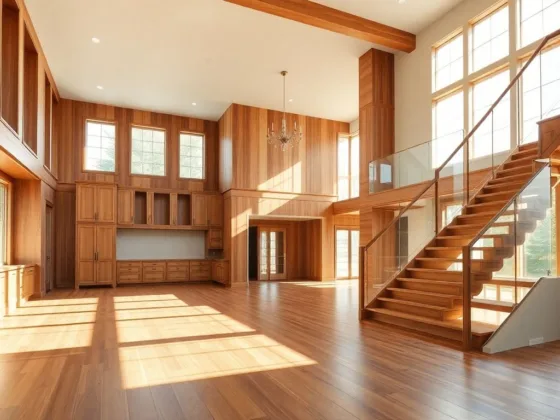Table of Contents Show
What exactly is the difference between a shower and vs tub? This question needs to be answered if you’re in the beginning stages of deciding on a bathroom remodel.

Depending on your needs, both can offer many benefits, drawbacks, and costs. So, which should you go with, the shower or the bathtub?
We’re here to deeply break down the differences between a shower and vs tub. Keep reading to get the inside scoop on which is better for your future remodel.
Convenience
In both cases, showers and tubs offer a relatively efficient experience. Showers are the perfect solution for people on the go, they save time, and you can perform a whole bathing experience without the commitment of a long soak. Tubs are great for relaxing and can help calm the senses.
Tubs also provide additional space for bathing children and even pets. Depending on the size and layout of your bathroom, a combination of a shower and tub might be feasible if you prefer something else.
The Efficiency of Water Usage
Showers consume less water than baths. A bathtub holds fifty gallons, whereas a normal showerhead uses two and a half gallons per minute. A ten-minute shower needs twenty-five gallons, whereas a full bathtub uses fifty.
Depending on the person’s activity and the showerhead and bathtub’s efficiency, a shower or bath can use a lot of water. Long, hot showers consume more water than short, chilly baths. Low-flow showerheads save water in showers. A few-inch bath uses less water than a shower.
In conclusion, water efficiency in a shower versus a bath depends on several aspects and might vary substantially. Showers are usually more water-efficient than baths.
Read Also:
Adds More Value to Your Home
Bathrooms can be one of the most cost-effective ways to increase the overall value of your home. Whether you include a shower or a tub in your project will depend on budget and preference.
Showers can provide greater accessibility and flexibility compared to bathtubs, but tubs can also offer a luxurious spa-like experience. Both shower and tub projects may also entail tile work and specific fixture choices.
A shower-only configuration may be ideal for buyers seeking a quick and cost-effective improvement. Yet, no matter what you choose, either can give your personal touch to the space and add value to your home.
Maximizes Space
Space is an essential variable regarding the great debate of shower versus tub. Those with larger bathrooms or homes typically have the luxury of installing a tub and shower.
However, those struggling with space constraints often need help deciding between the two. A luxurious deep soaking tub can add comfort, beauty, and desirability to a bathroom design and can often be a feature of the space.
Although it is more costly and space-consuming, many people opt for a shower and tub to enjoy both functionality and experience. Ultimately, the best choice should combine aesthetics and functionality with meeting your needs and budget and space constraints.
Maintenance Requirements and Durability
Tubs take longer to clean, with more complex grout lines, and thus more moisture can accumulate, leading to a higher chance of mold and rot. On the other hand, showers may need to be cleaned less often due to the lack of grout lines and their more accessible nature.
As far as lifespan is concerned, a typical shower can last as long as fifteen years, with regular maintenance and treatment with cleaning agents. Whereas bathtubs have a shorter life expectancy if not appropriately maintained, usually lasting from ten to fifteen years at most.
Ultimately, each person’s situation should guide their decision between shower or tub, as well as understanding the maintenance requirements and the lifespan of each.
Costs of Shower vs Tub Installations
When it comes to bathroom renovations, one of the biggest debates is installing a shower versus a tub. Not only do you need to consider which one best suits your needs, but you also need to consider the installation cost.
Installing a shower is more cost-effective due to its smaller footprint, while a tub can be pricey due to its larger size and the need for complicated plumbing. In addition, the materials used for the installation (such as tile or grout) can significantly affect the total cost.
There are also additional costs for fixtures, valves, and other accessories. Ultimately it comes down to personal preference, but it’s essential to factor in all the costs before making a decision.
Evaluating Usefulness and Safety
The debate of shower vs tub in high-end bathroom remodeling is constantly changing, with new technology and different opinions. Homeowners must evaluate the usefulness and safety of both before making a decision.
A standing shower will save water and give you more options for how to take a shower, but it might take up more space and be hard to clean. A tub is usually big and gives you a sense of luxury and peace when you take a bath.
Still, it may be harder for older people or people with disabilities to get in and out of it. Both plumbing fixtures can be made easier to use by adding safety features like grab bars and nonslip surfaces.
In the end, which is better for you depends on your situation and can be different from person to person. An experienced bathroom remodeler can help you find these things, figure out how useful and safe each one is, and make the best decision for your next project.
Get the Most Out of Your Baths with Showers and Tubs
The long-standing debate between shower vs tub in bathroom remodeling will continue. With various sizes and styles, from modern to petite, showers and tubs have advantages.
Consider all the factors before making that big decision. Contact a remodeling company today for more information, and a quote on your bathroom remodel. Check out our other blog posts for more health and lifestyle tips.










